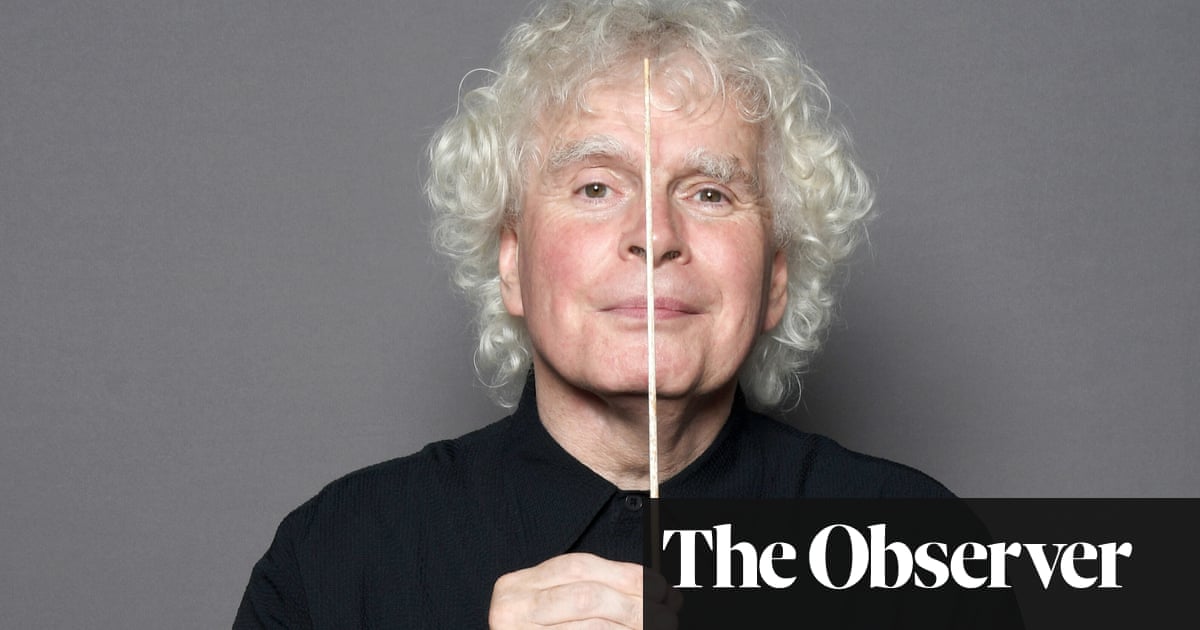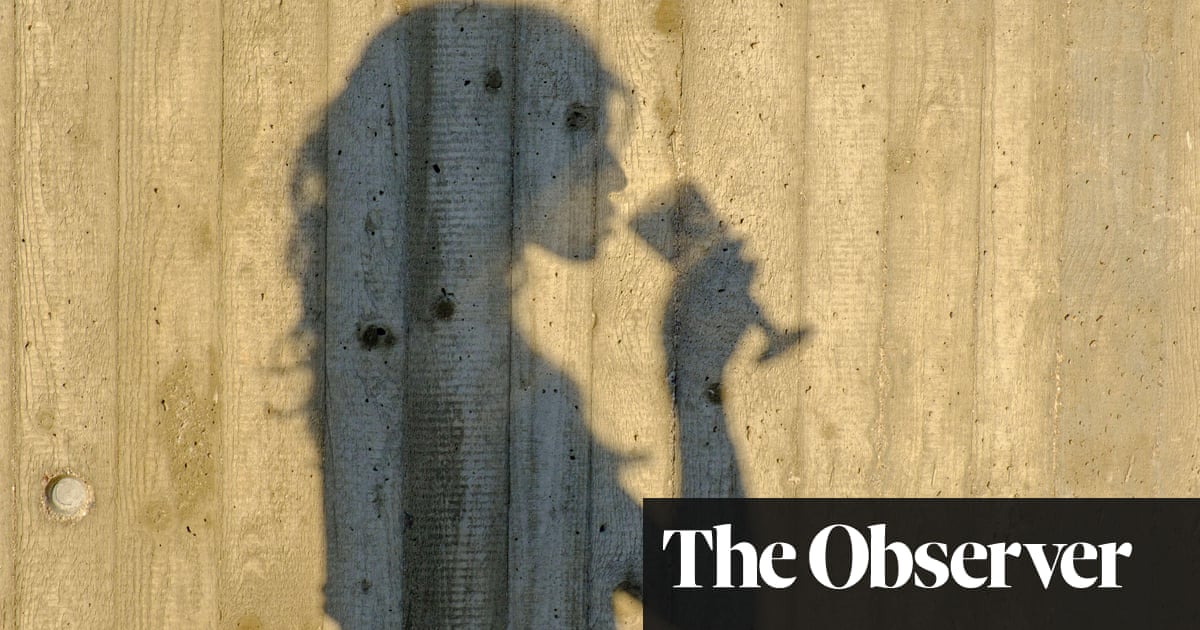The UK is falling further behind on sewage pollution regulation as the EU tightens its rules to clean up Europe’s waterways, say critics.
EU member states agreed on Tuesday to update the urban waste water treatment directive to strengthen rules to clean up sewage and chemical pollution from treatment plants. European countries will have to update their sewage systems and treatment plants so that large amounts of human waste and chemicals are removed from rivers by a deadline of 2035. The companies deemed responsible will be required to pay for the infrastructure changes.
Meanwhile, the UK still has the old 1991 UWWT directive legislation, which was brought into EU law when the UK was still a member. UK water companies are charged with rules from this original directive, such as not allowing sewage to spill from storm overflows into rivers except under exceptional circumstances, for example extreme rainfall.
Earlier this year, the Guardian revealed that the UK is falling behind the EU on almost every area of environmental regulation, as the bloc strengthens its legislation while the UK weakens it. In some cases, ministers are removing EU-derived environmental protections from the statute book entirely.
Ben Reynolds, director of green thinktank IEEP UK, commented: “The recently adopted wastewater legislation in the EU increases and expands their standards to include things like a wider range of pollutants such as microplastics. Standards in the UK are no longer keeping track and are falling behind. With the dire state of river pollution in this country, in part due to sewage, the UK should be looking hard at all options to tackle this, and keeping track with these higher standards alongside smarter investment and more resources for enforcement should be on the table.”
UK companies have failed in many cases to update infrastructure to meet the 1991 directive, resulting in record sewage spills, in some cases happening when it is not raining at all. Meanwhile the EU is updating requirements. The new EU directive specifically targets phosphorus and nitrate pollution, which come from human and animal waste and contribute to an excess of nutrients in rivers, causing algae and plants to grow in large volume, and choking out the life in the waterway. This is removed by what is known as “tertiary treatment”, which is a more precise form of removing pollutants from water. In the 1991 directive, only water being discharged into “sensitive areas” such as nature reserves was required to go through tertiary treatment. The new EU rules require that all large wastewater treatment plants put their water through tertiary treatment.
Human health while swimming in open water is also addressed in the EU rules. Wastewater from certain treatment centres will have to go through a new and even stricter form of water treatment known as quarternary treatment, which removes micropollutants from water. These come from industrial chemicals, pharmaceuticals, cosmetic products, pesticides, and hormones. Assessments of threats to human health from these pollutants, including specifically to bathing waters, must be made. These rules are not being carried across to the UK.
There are fears the costs of implementing the new provisions will be significant in many EU member states.
“Britain wasn’t the only country struggling to reach the targets set even in the old rules,” said Tiemo Wölken, a German MEP from the centre-left Socialists and Democrats, who sits on the European parliament’s environment committee. “Especially in countries [that have] joined the EU more recently, you can still find many, sometimes a majority of plants, that are not in compliance.”
To ease the burden of ensuring cleaner waters, the new directive pushes most of the infrastructure costs on to industries such as cosmetics and pharmaceuticals, forcing manufacturers to pay for the removal of pollutants their plants spew into the water.
Wölken said: “It is problematic that this practical example of making polluters pay is not implemented in the UK, where the privatisation wave lies at the heart of the problem that exposed British citizens to raw sewage in their beautiful rivers and beaches.”
after newsletter promotion
If EU states manage to implement the changes, sewer systems across Europe will become far more sophisticated than in the UK, leading to healthier waters that are more hospitable to people and wildlife.
Mark Owen, director of the European Anglers Alliance, said there was a lot of public and government awareness in the UK, with sewage and pollution having “made headlines daily for the last two years”, but that the new Labour government had not yet made concrete proposals.
“You must remember we’ve been screaming about this from the rooftops for decades,” he added.

.png) 2 months ago
17
2 months ago
17













































